Solo in the South Australian Advertiser: Flying Solo on Hydrogen
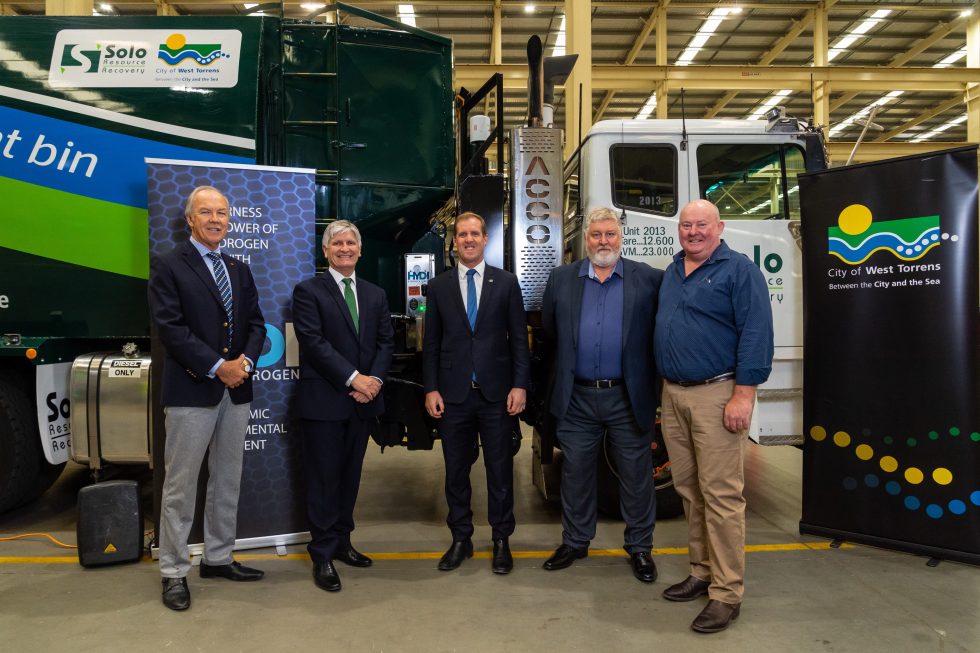
Read the full article below:
‘A device designed to save fuel and slash emissions from large diesel engines will be rolled out across the country following an agreement between its developer and waste- management company Solo Resource Recovery.
Thebarton-based HYDI is behind the cutting-edge “hydrogen-on-demand” technology, which uses distilled water and low-voltage electricity from the electrical system of a vehicle to produce hydrogen.
The hydrogen is used to supplement fuel and enable a more efficient combustion process, reducing diesel particulate matter and other greenhouse gas emissions by up to 80 per cent.
An initial rollout of the HYDI device has begun on waste-collection vehicles servicing the City of West Torrens, while Solo has also committed to fitting the system to its trucks in Perth and NSW.
HYDI chief executive Roger van der Lee said the technology had substantial economic and environmental benefits, and was cutting edge in using only minimal water and power.
“While attention is focused on future technologies, which usually require huge investment and long lead times, it needs to be remembered that our existing heavy industry, transport and bus assets have a life cycle of 20 years or more,” he said.
“We can make a significant and immediate contribution to reducing the 29 per cent of carbon emissions attributed to transport with our retrofit unit, which pays for itself via reduced fuel consumption.”
Hydrogen, with three times the energy content of diesel, is volatile and past attempts to harness it have failed because of safety, space and weight constraints. The compact HYDI system is designed as a retrofit for large diesel engines, injecting hydrogen into the air-fuel mixture just before combustion.
The hydrogen makes for a faster ignition and more complete fuel burn, resulting in increased power using less fuel and with lower emissions.
In a five-month trial of the technology, the HYDI device delivered an average fuel saving of 12.5 per cent when fitted to a public transport bus operating in suburban Adelaide.
Solo operations supervisor Jonathan Rose said the technology offered an opportunity to reduce the company’s carbon footprint. “This initiative is a tangible commitment by Solo Resource Recovery to reduce carbon emissions using technology which is economic and immediate in effect,” he said.
Mr van der Lee said the HYDI units had already been deployed in heavy transport, mining, agriculture and marine applications across the world, with additional orders received from the Netherlands, Britain and New Zealand.
He hopes to consolidate a larger manufacturing facility in South Australia to create new employment opportunities in the state as domestic and international interest increases.’
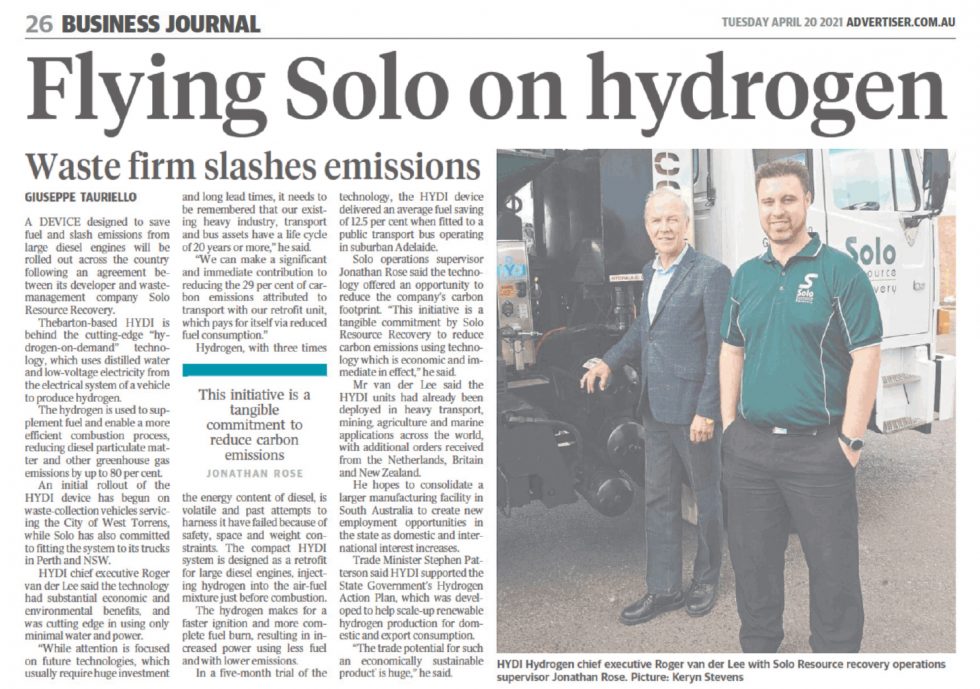
Related Posts
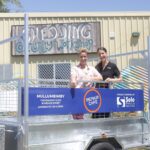
Published: December 15, 2023
The Right To Repair Movement Is Alive And Well In Mullumbimby!
Read more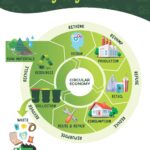
Published: November 29, 2023
Embracing the Circular Economy: A Comprehensive Guide to the 7Rs
Read more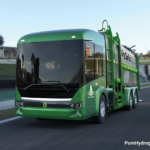
Published: October 17, 2023